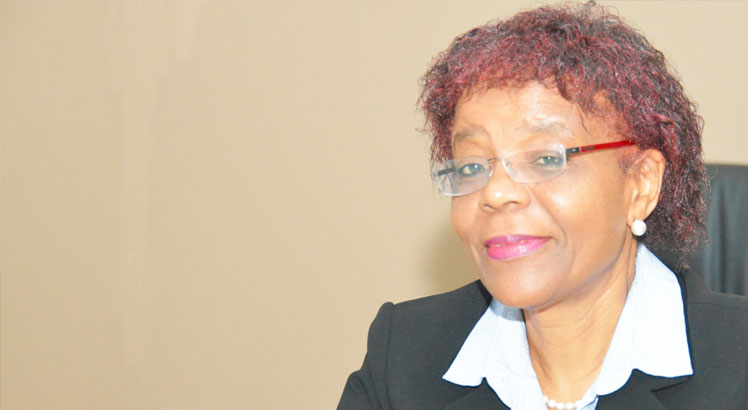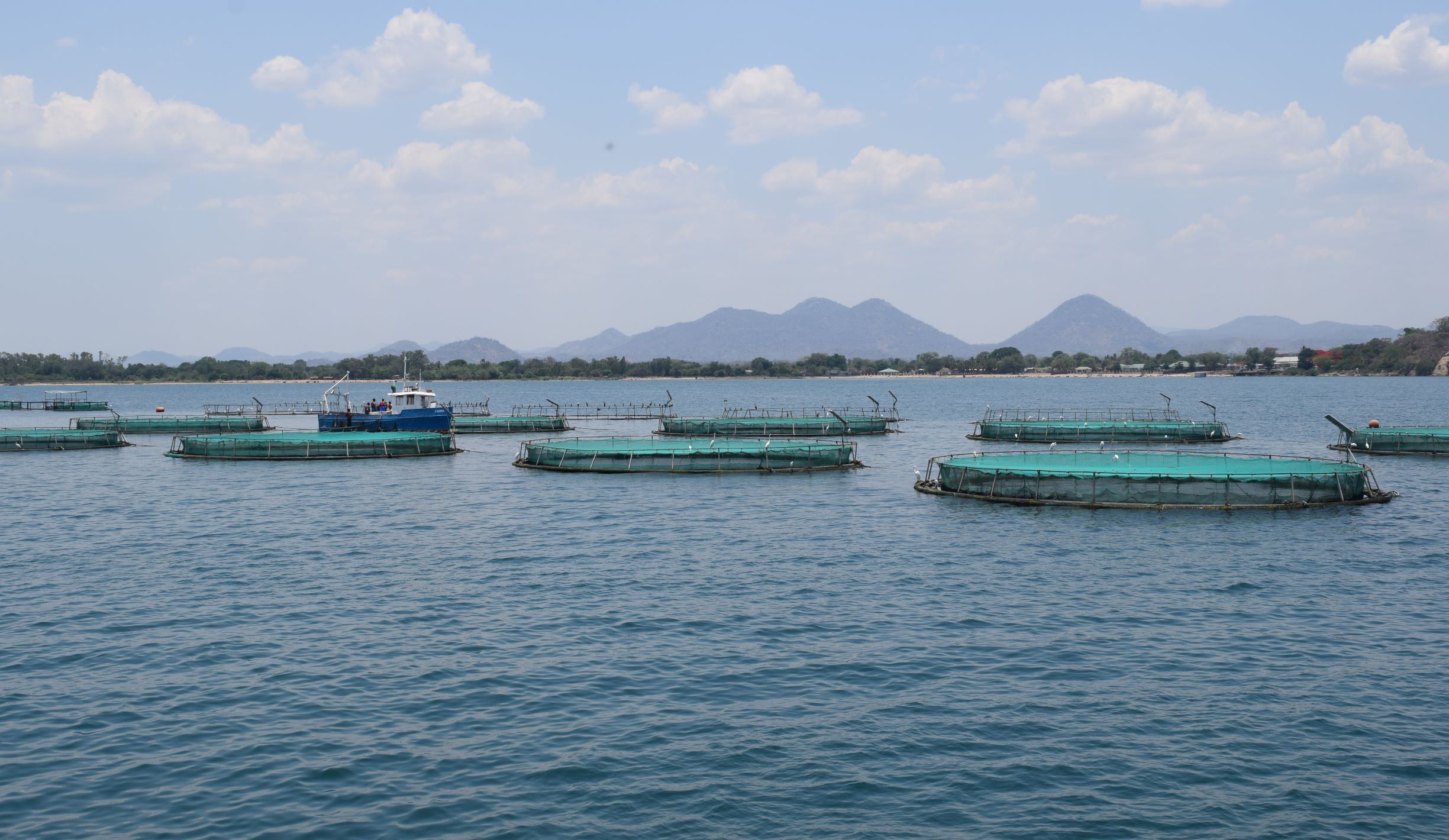The rights of our daughters
Today, on International Women’s Day, we celebrate the battles fought and the achievements made by past, present and future generations of women and girls in all their diversities, all over the world.
Today we celebrate but also demand changes to secure fulfilment of women’s and girls’ rights. This year’s theme is “Inspire Inclusion”, yet in Malawi women and girls are excluded from making decisions that impact their own lives and those of their families.

Women’s rights are about gender equality. Gender equality is a human rights imperative in and of itself. Sustainable and meaningful development will not be possible without addressing the root causes of gender inequality that deny women and girls the opportunity to access education, gain decent employment, access financing, inheritance, and property equally to men.
We all want to live lives free of violence and harmful practices and make decisions over our bodies and family size.
Access to sexual and reproductive health (SRH) information and care, including contraception, prenatal care, safe abortion, and obstetric care, is a crucial component in addressing gender inequality.
Access to safe abortion involves the availability of a safe medical intervention to end pregnancy and/or post-abortion care, without risking criminal, legal or social sanctions.
About 45 percent of all abortions globally are unsafe, and yet many countries still have highly restrictive abortion laws. This drives women and girls towards unsafe abortions, which is one of the leading causes of maternal death.
According to African Population and Health Research Centre, an estimated 30 percent of the pregnancies in Malawi are unintended, and often end in unsafe abortions. Roughly, 20 percent of maternal deaths in Malawi are due to unsafe abortion.
When women and girls cannot safely end unwanted pregnancies, their ability to hold jobs, stay in school, exit abusive relationships, and build financial independence are undercut.
Women and girls who are disabled, poor, young, or otherwise marginalised face the most extreme barriers.
Norway recognises that health is both a human right and driver of household and economic development. Investing in health is a tool for reducing poverty, stimulating economic development, and enhancing health and well-being.
Human rights must be protected in all areas, not selectively. The right to freedom of religion or belief does not supersede women’s right to health and to autonomy.
Discriminatory and harmful practices and norms faced by adolescent and young girls in Malawi continue to be a challenge. It is nevertheless encouraging to see some senior traditional leaders such as Senior Chief Kachindamoto of Dedza, working tirelessly to advance the rights of women and girls.
Adolescent and young girls need knowledge and access to affordable SRH services to thrive as young people. Malawi and Norway are both in support of the Sustainable Development Goals. We are committed to leaving no one behind.
Through the 25 years of partnership between our countries, the well-being of girls, young people and women have been at the heart of our collaboration.
The introduction of contraceptive methods and family planning in the 1970s contributed enormously to expanded opportunities for women in Norway.
By planning the timing and number of children, adolescent and young girls can complete school, and women can seek further education, career opportunities and economic independence.
Norway actively works to promote sexual and reproductive health and rights for women and girls in Malawi through various projects. Education plays a significant role in this regard.
In Norway, from an early age, boys and girls are equipped with the knowledge and understanding necessary to make informed decisions about their bodies and lives through the school curriculum.
Recognising the importance of knowing your body, your boundaries and how to respect others, we aim to equip girls and boys with knowledge to make informed choices, be it in terms of unwanted pregnancies, gender roles and respecting people around you while also protecting the rights of others. Globally, women’s rights and gender equality have progressed in recent decades. The benefits of investing in life skills and sexual and reproductive health have far exceeded the costs, and reduced suffering to individuals, families and communities. Let us continue this journey of positive developments together. Have a powerful International Women’s Day.





